At the recent Provincial Assembly of the Missionary Sisters one session focused on the way in which Cabrinian ministries are addressing the pressing issues of immigration, migration, refugees, asylum seekers and human trafficking.
This week, we continue our series of in-depth looks at individual Cabrinian ministries and o explore how they are responding to the needs of those who are experiencing upheaval in their lives due to war, poverty, violence or captivity.
Cabrini-on Hudson Community
This week we learn more about the Cabrini-on-Hudson Community, which is a house of formation and discernment in West Park, NY. It is located in an area where from the 1970s, the Hispanic population has been steadily increasing. The Hispanic people live among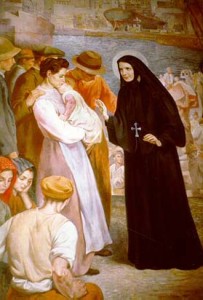 previously existing immigrant groups from Europe. Like other groups, these immigrants, Hispanic or Latino, have emigrated from their countries searching for work and a better life for themselves and their families. Many of them are undocumented. Their main occupations are farm workers (apple and corn pickers), restaurant workers, construction workers, housekeepers, etc. Those with better education, documentation, and bilingual skills work in department stores and other industries that provide better chances for benefits and higher salaries.
previously existing immigrant groups from Europe. Like other groups, these immigrants, Hispanic or Latino, have emigrated from their countries searching for work and a better life for themselves and their families. Many of them are undocumented. Their main occupations are farm workers (apple and corn pickers), restaurant workers, construction workers, housekeepers, etc. Those with better education, documentation, and bilingual skills work in department stores and other industries that provide better chances for benefits and higher salaries.
Since the MSC formation community opened in West Park in August 2013, the MSCs have had the opportunity to journey and accompany some of the Hispanic groups from various parishes in Ulster and Dutchess Counties. Some of the ways the MSCs have served the immigrant community are as pastoral ministers in Brothers Hospital in Poughkeepsie, NY; providing catechesis for adults and children and providing catechist-training in Kingston, NY.
The MSCs have also made pastoral home visits to families in distress; helping undocumented families with paperwork for immigration; and facilitating the Spiritual Exercises in daily life with Hispanic women.
Responding to the call for The Year of Consecrated Life, earlier this year, the Missionary Sisters held an “Open House” to share the Cabrinian charism and way of religious life with people from area parishes. There was a great response from the Hispanic Community. The MSCs also provided living space for unaccompanied minors from Central America and Mexico for a period of time.
The MSCs entered into the traditions of the Hispanic immigrant communities such as All Souls Day, the feast of Our Lady of Guadalupe, which entails going from house to house for 50 days evangelizing using the story of the apparitions of Mary. The MSCs will look for more ways to help their immigrant brothers and sisters in their struggles and hopes.

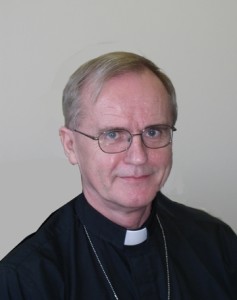

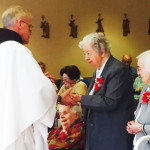
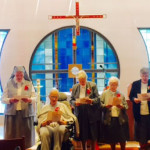
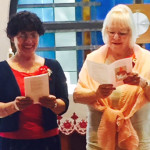
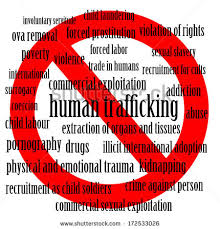 What does Safe Harbor do?
What does Safe Harbor do?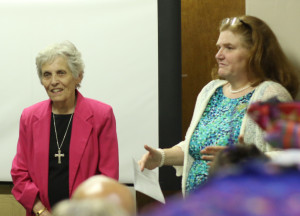
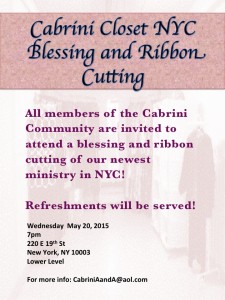
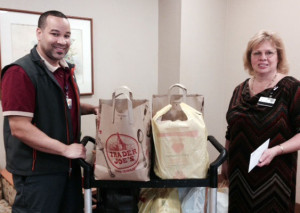
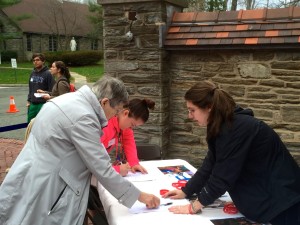
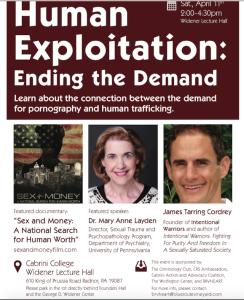 Learn about the connection between the demand for pornography and human trafficking.
Learn about the connection between the demand for pornography and human trafficking.